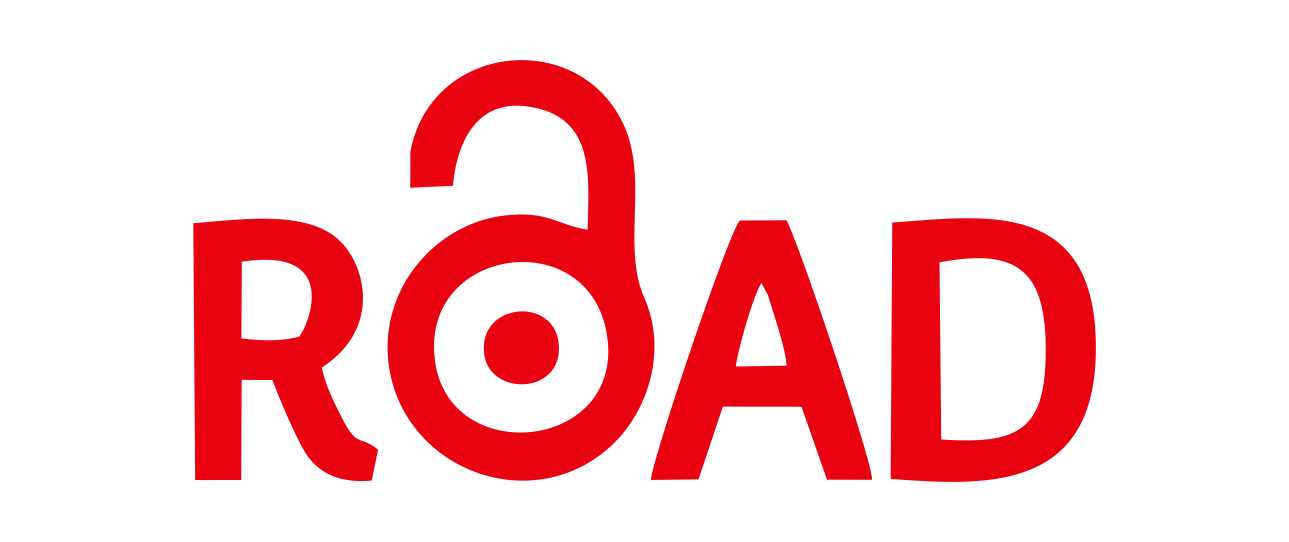اختبار فرضية الكسل المصرفي في الاقتصاد العراقي
DOI:
https://doi.org/10.56967/ejfb2020135الكلمات المفتاحية:
الكسل المصرفي، ائتمان خاص، اقتراض، القطاع الحكومي، مزاحمةالملخص
يهدف البحث اختبار الفرضية المفسرة لسلوك المصارف التجارية اتجاه الاقتراض الحكومي في الاقتصاد العراقي من جهة واثر الاقتراض الحكومي الداخلي على الائتمان المصرفي من جهة اخرى . وترى فرضية الكسل المصرفي احدى الفرضيات المفسرة للسلوك المصرفي ، ان الزيادة المستمرة في الاقتراض الحكومي من المصارف التجارية يمكن ان يخلق خطرا يدفع بالمصارف الى تخفيض اقراضها للقطاع الخاص المحفوف بالمخاطر مقارنة بمنح القروض للقطاع العام ( الحكومي) وبهذا يقضي على حوافزها في البحث عن فرص جديدة مربحة للاستثمار في القطاع الخاص. اثر المزاحمة يعني ان الارتفاع في انقاق القطاع الحكومي يؤدي الى انخفاض في الانفاق الخاص او حتى الغائه في بعض الاحيان ويمكن السبب الرئيس وراء المزاحمة في تقليل العجز الحكومي اذا تقترض الحكومة من السوق لسد هذا العجز فيزداد الطلب على الاستثمار في السوق وتزداد تلقائيا قيمة الاموال في السوق ويزيد معدل الفائدة . و باستخدام اسلوب التكامل المشترك ونموذج تصحيح الخطأ لقياس العلاقة بين الاقتراض الحكومي الداخلي والائتمان الخاص في الاجلين القصير والطويل و للمدة ك2 2006-ايار2020 بيانات شهرية و كانت نتائج القياس الاقتصادي تدعم الفرضية مما ينعكس سلبا على حجم وفاعلية القطاع الخاص ودوره في الاقتصاد العراقي .
التنزيلات
التنزيلات
منشور
كيفية الاقتباس
إصدار
القسم
الرخصة

هذا العمل مرخص بموجب Creative Commons Attribution 4.0 International License.
هذه هي مقالة منشورة بنمط الوصول الحر وموزعة تحت شروط ترخيص المشاع الابداعي نسب المصنف (CC BY) 4.0 دولي التي تسمح بالاستخدام غير المقيد، التوزيع، واعادة الانتاج في أي وسيط أو صيغة، والتحوير أو البناء على المادة، بما في ذلك للأغراض التجارية، شريطة أن يتم نسب العمل للمؤلف الأصلي.










